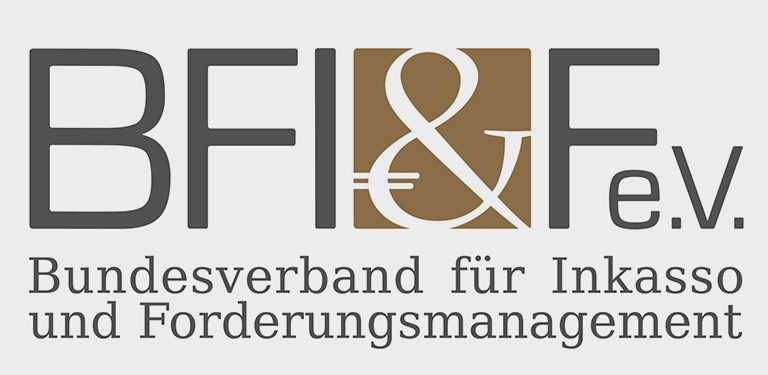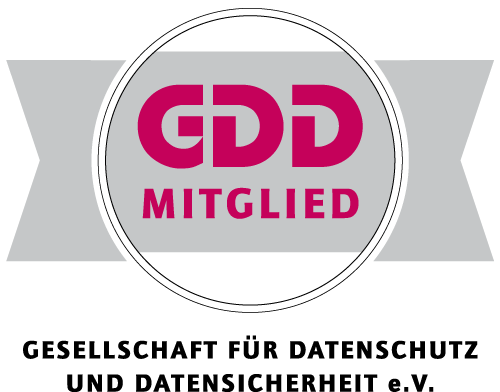
Plain text is expressly permitted
Even collection agencies make an effort when it comes to their image. They do not just work to preserve the image of their customers, for whom they demand outstanding invoices. Collection is demanding from a marketing perspective, and in the wording of dunning notices there is a fine linguistic line between emphasis and politeness.
In a pioneering judgement, the German Federal Supreme Court has strengthened collection agencies in their ability to place appropriate pressure on debtors. (Judgement from March 22. 2018, AZ I ZR 25/17)
The case
The Bavarian consumer association had lodged a complaint against a collection agency, because the association thought the agency’s payment request to its customer’s debtors influenced consumer’s freedom of choice in an anti-competitive way, through pressure. The goal of the complaint was to stop the following statements or similar sounding statements from being used in business dealings with consumers, within the scope of the enforcement of the claims of third parties:
“For the final time, we are giving you the opportunity to resolve your claim issue without negative implications for you. The total claim is currently €… and is continuing to rise due to interest and fees. This sum will rise again considerably as soon as we trigger a legal order to pay against you. Use this opportunity and spare yourself legal action and a visit from the bailiff or seizure measures on your accounts and income.”
The legal basis
The court had to decide whether the collection agency was exerting undue pressure with this letter, within the meaning of Section 4a, para. 1, sentence 2, no. 3 and sentence 3 of UWG a. F and section 5, para. 1 of UWG n. F (German Protection Against Unfair Competition Act [Gesetz gegen unlauteren Wettbewerb, UWG]).
- 4a para. 1, sentence 2 A business act is aggressive if it could, in a concrete case and under consideration of all circumstances, substantially impact the consumer’s or other market player’s freedom of choice, by: No. 3 unacceptable harassment.
- 4a para. 1, sentence 3 It is considered unacceptable harassment if the business person exploits their position of power over the consumer or other market player to exert pressure, even without the use or threat of physical violence, in a way which restricts the ability of the consumer or other market player to make an informed decision.
The judgement
Ultimately, the German Federal Supreme Court came to the following judgement: “A letter from a collection agency that contains a payment request and the threat of legal action and subsequent enforcement measures, and does not conceal that the debtor can claim that they do not owe the demanded sum of money in legal proceedings, does not represent an non-competitive, aggressive business act.”
The ETI approach: friendly and fair
As a fair collection agency, ETI places high value on the wording of its letters: all letters, dunning notices and payment requests are adjusted to the requirements of our client depending on our approach to the debtor. For ETI, fair means opening up realistic scopes for action and individual ways for the debtor to settle their outstanding invoice. To further this, ETI relies on professionally trained staff who always react appropriately to their conversation partners, both in written communication and on the telephone. Most importantly for ETI is that no one feels they have been treated unjustly and the image of our clients is protected in all cases. ETI has great success with this principle.
The judgement from the German Federal Supreme Court strengthens us, in that our ETI approach is certainly more client-friendly than that in the court case.





